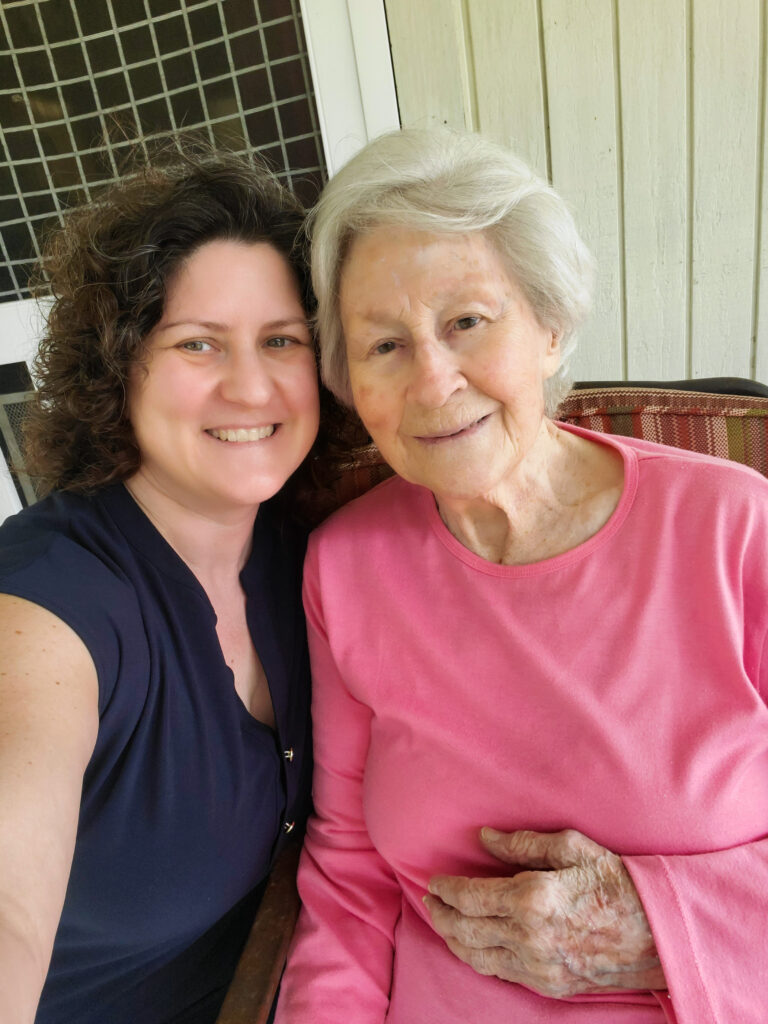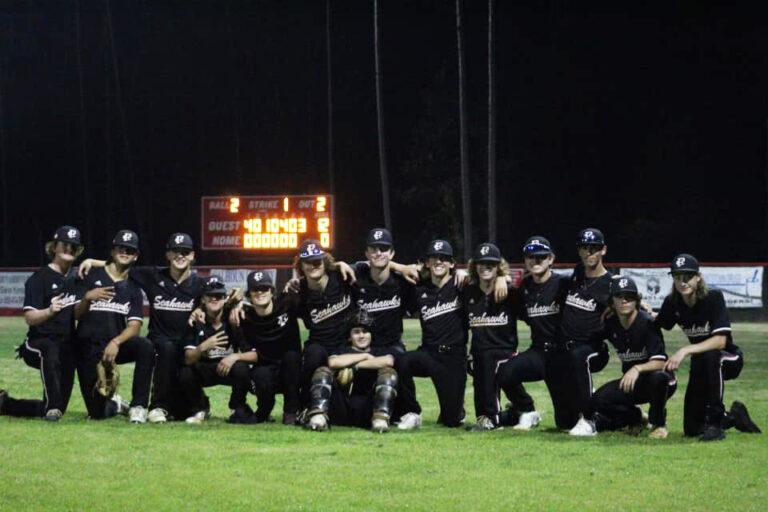Remembering when the Irish ruled the ring
The date: Sept. 7, 1892. The place: New Orleans. The event: the World Heavy Weight title battle, featuring challenger John J. Corbett taking on champ John L. Sullivan.
No Super Bowl has so captivated the nation’s attention and aroused its passion more than the bout between Gentleman Jim and Sullivan, who most referred to as John L. “the Boston Strong Boy,” America’s first sports hero.
Corbett and Sullivan were both sons of Irish immigrants. Sullivan had won the title 10 years earlier and had defended it against all comers, including a 75-round bare-knuckle title defense marathon in 100-plus degree heat against Jake Kilrain.
Sullivan was the last of the bare-knuckle champions, pugilists who slugged each other fearlessly in fights that lasted for hours. He won the bare-knuckle title 1882 from another intrepid Irishman, Tipperary-born Paddy Ryan, six years older, at least ten pounds lighter, but an inch or two taller, which gifted him with greater reach.
With the crowd estimated at 5,000 and following an old tradition, Sullivan tossed his hat in the ring at 11:45 am, and Ryan entered moments later. The men then approached the scratch line in the center of the ring and shook hands. From the first round, Sullivan took charge. After nine rounds and only twenty minutes, Sullivan knocked Ryan out with a final right-handed punch, the last-ever bare-knuckle heavyweight championship.
In the decade between capturing the crown from Ryan and accepting Corbett’s challenge, Sullivan defended his title dozens of times, which led to his braggadocio dare: “I can lick any SOB in the house.” Sullivan had a well-deserved reputation as a street brawler and a drunk.
When Sullivan and Corbett faced off, boxing was in transition from a mostly illegal to a legitimate sport. Corbett’s ascendency to the top challenger’s slot helped improve boxing’s image. College-educated and a bank clerk before he turned to boxing, Corbett began his career in 1886. He fought his matches wearing padded gloves that the new Marquis of Queensberry rules permitted. Other revolutionary changes included three minutes rounds followed by a minute of rest; declared wrestling illegal, imposed the mandatory ten second count, and introduced weight divisions
Because he wore his hair in a full-grown pompadour, dressed fashionably and used excellent grammar, Corbett became known as “Gentleman Jim,” and because of his advance, then retreat style, became recognized as modern boxing’s father.
On the big night, a crowd of over 10,000 jammed the arena. Sullivan weighed in at 212 pounds – 25 pounds heavier than his challenger. Betting was heavy with Sullivan, a prohibitive favorite. Two thousand miles away and connected by telegraph, beacon lights atop New York City’s Pulitzer Building alerted the fans below as to which fighter was winning – red for Sullivan, white for Corbett.
Years later, Corbett published a book which described the blow-by-blow. From the first round, Sullivan was aggressive; he wanted to eat Corbett up right away.
“I sidestepped out of the corner and was back in the middle of the ring again, Sullivan hot after me. I allowed him to back me into all four corners, and he thought he was engineering all this, that it was his own work that was cornering me,”Corbett wrote. “But I had learned what I wanted to know – just where to put my head to escape his blow if he should get me cornered and dazed. He had shown his hand to me.” Sullivan taunted, “Sprinter!” The fight’s pattern had been established.
By the time the 21st and final round arrived, Sullivan had been beaten as much by his advancing age as by the skills of the younger boxer. Bruised, bloodied, and beaten, Sullivan hung on to the ropes to address the crowd, still chanting his name, “Gentlemen, I stayed once too long. I met a young man. I’m glad the title remains in America.”
Sullivan’s only career defeat came against Corbett.
Sullivan retired to his farm in Abington, and after a lifetime of overindulging in alcohol and food, died a pauper at age 59. Corbett treasured his title and held on to it as a vehicle to promote other ventures. In 1887, Bob Fitzsimmons knocked Corbett out in the 14th round. In 1933, age 66, Corbett died of liver cancer.
Joe Guzzardi is a Society for American Baseball Research and Internet Baseball Writers’ Association member. Contact him at guzzjoe@yahoo.com.





Meet the Editor
David Adlerstein, The Apalachicola Times’ digital editor, started with the news outlet in January 2002 as a reporter.
Prior to then, David Adlerstein began as a newspaperman with a small Boston weekly, after graduating magna cum laude from Brandeis University in Waltham, Massachusetts. He later edited the weekly Bellville Times, and as business reporter for the daily Marion Star, both not far from his hometown of Columbus, Ohio.
In 1995, he moved to South Florida, and worked as a business reporter and editor of Medical Business newspaper. In Jan. 2002, he began with the Apalachicola Times, first as reporter and later as editor, and in Oct. 2020, also began editing the Port St. Joe Star.